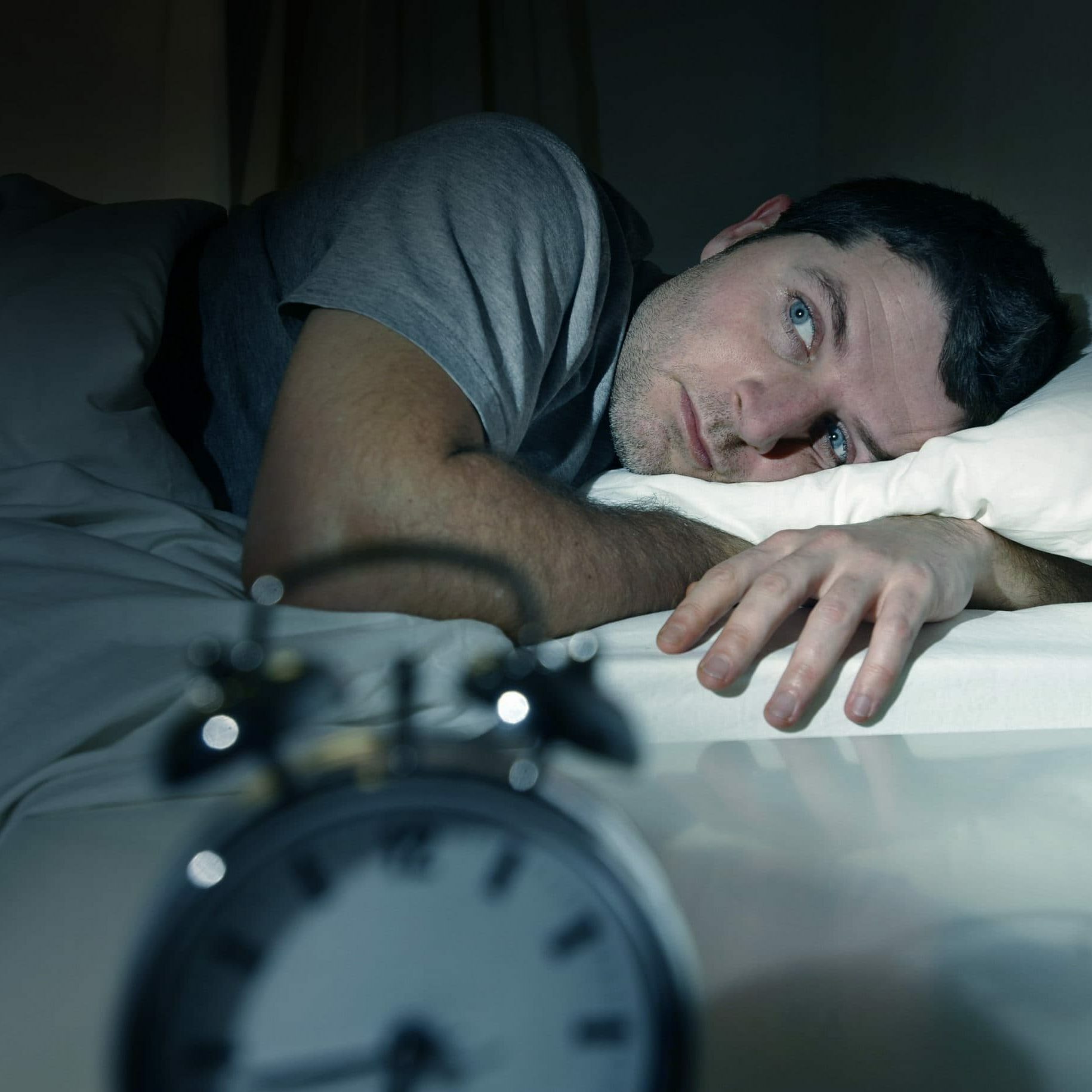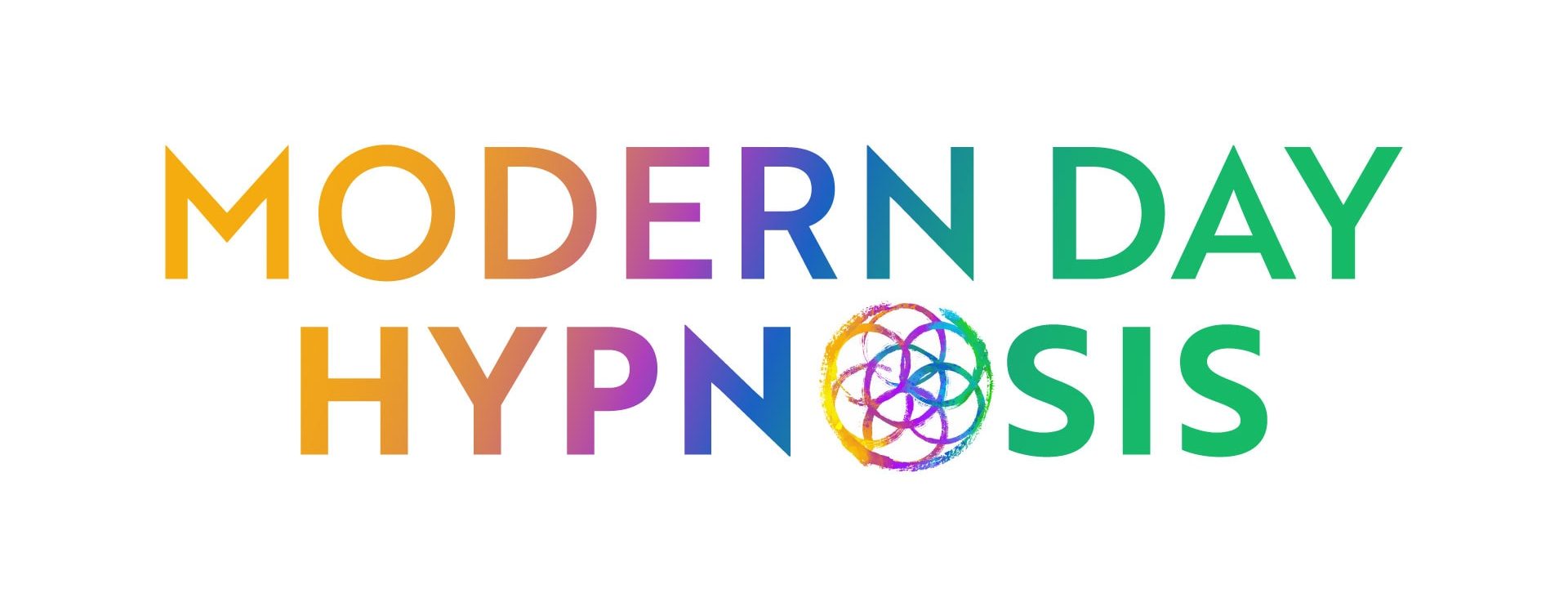
Reclaim Your REM with Hypnosis for Sleep Disorders
Hypnosis can help individuals fall asleep faster, stay asleep longer, and successfully reach deep, REM sleep. Hypnotism affects the brainwaves allowing you to reach a slow-wave sleep, considered to be the most restorative sleep for your brain because it allows you to process and reset from your day. Wake up feeling rested and rejuvenated using the help of hypnosis. You can rewire patterns in the brain with hypnotic suggestions that make it easier to get a solid night of sleep. While you're hypnotized, your mind is more open to the guidance and words of affirmation from your hypnotist. You have the power to make positive and lasting changes, resulting in the development of healthier sleep patterns.
Hypnosis
Have You Tried It Yet? It Really Works!
Disordered Sleep Hinders Your Overall Health
A full night’s rest is essential to a healthy and productive lifestyle. Yet, plenty of people struggle with falling and/or staying asleep. Reports indicate that less than 30% of adults sleep for the recommended 7 hours per night. Sleep disorders vary from person to person, but can include:
- Insomnia
- Sleepwalking
- Restless leg syndrome
- Sleep apnea
- Sleep paralysis
- Restless sleep
- And more
Get Started on Your Sleep Hypnosis Journey
Without treatment and relief, sleeplessness can be a long-lasting and chronic issue. Instead of reaching for sleeping pills that you can become dependent on, hypnosis allows for a natural way to sleep all night long. Whether you're struggling with a sleep disorder, or simply want a more restful night's sleep, Modern Day Hypnosis can help you. Hypnosis is a natural, long-lasting solution for sufferers of sleep disorders and can help give you the rest and relief you need.
The Benefits of Hypnotherapy Treatments for Sleep
Sleep hypnosis is a great option for individuals who are looking to approach their health in a holistic manner. Although you might want to focus on eliminating disordered sleeping, you will most likely see improvements in other areas of your overall health. When you start hypnotherapy, you can generally expect to see results including:
Increased alertness, energy, and decrease in irritability
We’ve all been there - trudging through our work day after a restless night with only 3-4 hours of sleep. Small annoyances are magnified and it’s hard to keep from exploding at the slightest obstacle! It probably comes at no surprise, then, that a full night of sleep is beneficial to our energy levels, productivity and overall positive attitude.
A sense of well-restedness that extends into physical wellbeing
The benefits of a good night’s sleep don’t end there. According to Health.Gov, getting enough sleep can lead to:
- A lowered risk of getting sick
- Staying at a healthy weight
- A lowered risk of diabetes, heart disease, and other health conditions
- Avoiding accidents related to a loss of alertness, i.e. car accidents
The ability to better handle sleep disorder episodes
Over the course of your hypnosis treatment, you may receive materials and additional support for dealing with sleep disorder episodes on your own. These materials might include - but are not limited to - exercises such as tapping, breathing, and/or visualization.
Exercises such as those listed above are a great way to get a feel for some of the basics of Self-Applied Hypnosis Techniques for sleep.
Self-Applied Hypnosis Techniques for Better Sleep
Believe it or not, you have the ability to hypnotize yourself to get better sleep! How is this possible? Ultimately, our overall well-being relies heavily on our own thoughts. That means, with the right tools and training, you can take control of your own mind to improve your sleep.
Hypnosis is, in a natural sense, never not occuring. This is why we realize that, in often undetected and subtle ways, we are hypnotizing ourselves all the time. It is for this reason that hypnosis is best when self-applied: because it truly already is. It is also why, with a few techniques, one can often reach those specific and individual goals, of which they personally care to develop.
If you are ready to achieve your goals and overcome disordered sleep on your own time, check out Self-Applied Hypnosis Techniques. You’ll find comprehensive lessons, demo videos, experiential audios, and done-for-you trance talk and guided imagery. Before accessing self-hypnosis techniques, have you tried these helpful practices for relaxation and restful sleep:
- Get Comfortable: Ensure that you adopt a comfortable sleeping position to soothe your sleep. Also, dress in clothing that makes you feel relaxed and comfortable.
- Set and find the right sleeping spot: You can set your room by making it quiet, switching off all electronic speakers and putting your phone in silent mode will help make the place peaceful. A quiet place is conducive to making your sleep more comfortable.
- Breathe slowly and deeply: Breathing in and out slowly but deeply will put you in a relaxed mood, increasing your chances of falling asleep quickly.
- Make it a habit: Consistency with the technique strengthens the body's recurring experience of good sleep.
Of course these are just the basics of the self-applied hypnosis practice. What you will have access to in the Self-Applied Hypnosis Techniques is much more specific , and has proven to lead to effective results.
Plenty of people turn to self-hypnosis to address their sleeping problems. With the expert support and guidance you’ll access in Self-Applied Hypnosis Techniques, expect to reach and exceed your sleep goals - and so much more!
Overcome Insomnia with a Trusted Hypnotist
Overall, inadequate sleep and sleep disorders can lead to poor performance at work and school, and even negatively impact interpersonal relationships. For individuals waking up each morning feeling tired, impaired, or sluggish due to a lack of restful sleep, Modern Day Hypnosis provides a solution. After completing an average of 3-5 sessions, you will have the tools you need to successfully use self-hypnosis to fall asleep each night.
Finally Get a Good Night's Rest
Are you in need of help in self-hypnosis for sleep? Modern Day Hypnosis offers natural hypnosis services for those suffering from inadequate sleep. We encourage you to contact us online or give us a call if you have any questions about hypnosis or the services we offer.
FAQs
You may see an improvement in your sleep immediately after your session, feeling better rested is often a side effect from sessions of hypnosis. The amount of improvement varies from person to person. Usually sleep challenges can be resolved with anywhere from two to four sessions.
Sometimes clients will feel an instantaneous improvement, while others report a more gradual transition. Keep in mind that every session will make an effect, yet we refrain from offering guarantees of change. There is no need for ongoing treatment as hypnosis is not a long-term therapy but we do encourage your commitment to the process until you achieve results. Results are reliant on your participation in the process.
Yes! The goal of the practitioner is for the client to feel safe and secure throughout the session. At no point in your session will you ‘lose control’ of your mind - despite what you might’ve heard in popular culture. In over 200 years there has not been a single case of a person being harmed by hypnosis.
Absolutely! Technically speaking, all hypnosis is self-guided since any change that happens in the brain, body or mind is allowed through the client’s participation. Self-Applied hypnosis helps to change not only habits, but your overall sense of self i.e. self care and self confidence. If you are interested in learning more about Self-Applied hypnosis techniques, check out my training and take control of your own mind!
Yes, many people turn to hypnosis in order to wean off of their sleep-aid medication. For many people, hypnosis is a preferable, natural alternative to taking this kind of medication.
There is no need to prepare for the session. Your presence and willingness to participate and follow instructions is enough! The idea here is to allow the practitioner to gently guide you through the session, in other words, there is no additional work needed on your end until after your session, when you might be given optional exercises to complete on your own.
For the best results, you might choose to define measurable goals, avoiding the use of terms like ‘good’ or ‘better’. For example, ‘I want to get 8 hours of sleep per night’.
For those who want to see a change in their sleep, hypnotherapy can be very effective. Hypnosis teaches the brain to access safer states of relaxation. You also can use triggers embedded during hypnosis which can be used again at times to support easy and deep sleep.
Yes, many clients come in for sleep issues and happen to have sleep apnea. In our sessions, we’ll work on quieting the mind and connecting to the body. This work results in more strength and agility for breathing and an inner sense of peace, which releases stress so that you don’t feel so fatigued.
Yes, hypnotherapy for sleep can be performed over the phone or on a video call. It’s just as effective virtually as it is in person. Plus, you get to dial in from anywhere and enjoy the comfort of your own space!
There are no side effects from hypnotherapy for sleep. Directly after your session you might feel a slight light-headedness that usually goes away after a few minutes. On the contrary, most people report feeling lighter and more serene for the first couple of days after their session.
Anyone who is willing and able can participate in hypnosis. There is no such thing as a person who cannot be hypnotized. Hypnosis is an ancient technique that transcends the clients level of intelligence, financial standing, lifestyle, etc. If a person can understand language, they can be hypnotized.
Yes, children love the hypnosis feeling and participate perfectly with following simple instructions for hypnosis guided imagery. The sleep talk hypnosis program is geared specifically for children.
No, you do not have to be in any certain state in your session. Hypnosis can happen in conversation, in a wakeful state or in a deep state of relaxation. There are no rules for your state of mind during hypnosis.
Yes you can drive directly after your session. You may feel more relaxed afterwards but you might also feel more energized and focused.
It is best to have a sense of privacy, even from family members. But if you feel absolutely dependent and can only be comfortable with an additional guest, this may be allowed by your hypnotist.
